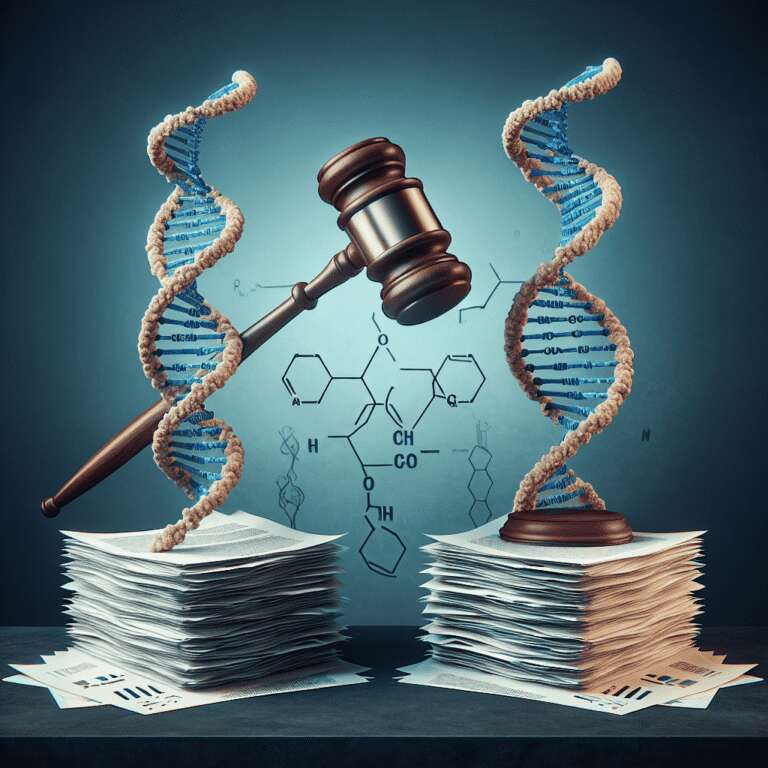The ongoing dispute over who owns the foundational patents for CRISPR gene-editing technology has been reignited following a recent decision from the US Court of Appeals for the Federal Circuit. On Monday, the court announced that Nobel laureates Jennifer Doudna and Emmanuelle Charpentier, widely credited for co-discovering the gene-editing tool, will have another opportunity to argue that they deserve key patents on what many view as the defining biotechnology invention of the 21st century.
Doudna and Charpentier, who shared a Nobel Prize in 2020 for their groundbreaking work on CRISPR, faced a setback when the Broad Institute’s Feng Zhang was awarded core US patent rights in 2014. This allocation sparked a protracted, high-stakes battle involving not only major financial interests but also scientific prestige. Despite their seminal 2012 publication showing CRISPR´s capacity to cut DNA in a test tube, the controversy centers around which group was the first to successfully apply CRISPR to edit DNA in animal cells, an achievement both parties claim from the same year.
In 2022, the US Patent Trial and Appeal Board determined Doudna and Charpentier had not fully conceived the application of CRISPR in animal cells, in part because they struggled initially to make the technology work in various species. Broad´s Zhang, meanwhile, published a successful demonstration in human cells in 2013. On appeal, however, the Federal Circuit court found that the earlier ruling used an incorrect legal standard, holding that Doudna and Charpentier did not need certainty their invention would work, but rather that it did ultimately function as intended. With the case heading back to the patent board for reconsideration, both the University of California, Berkeley, and the Broad Institute have reaffirmed their positions. The dispute, involving reexamination of decade-old research notebooks and potential Supreme Court escalation, once again puts the future of CRISPR patent rights up for grabs and could reshape the control and commercialization of gene-editing therapies worldwide.

